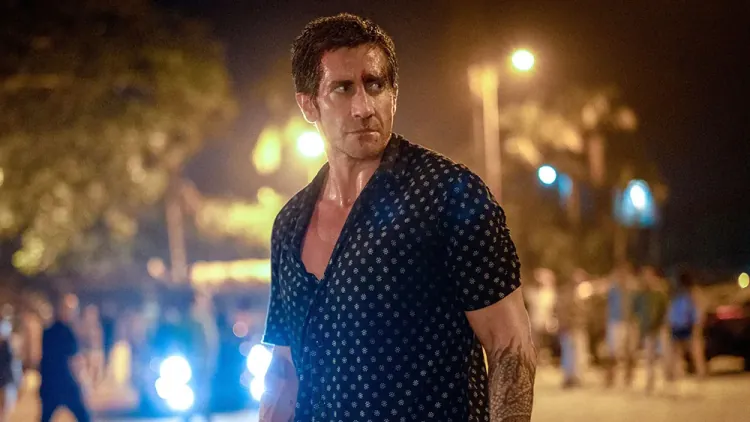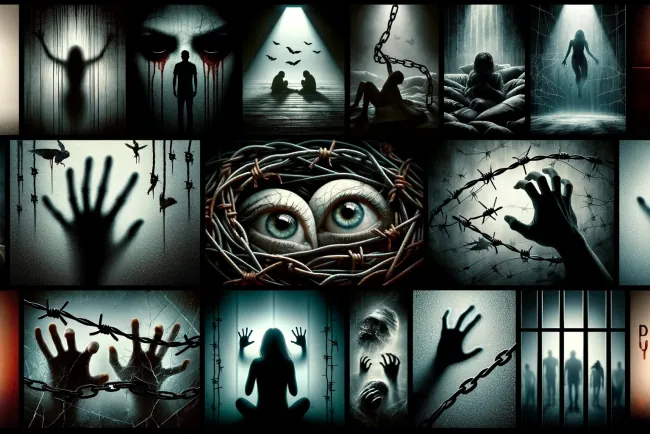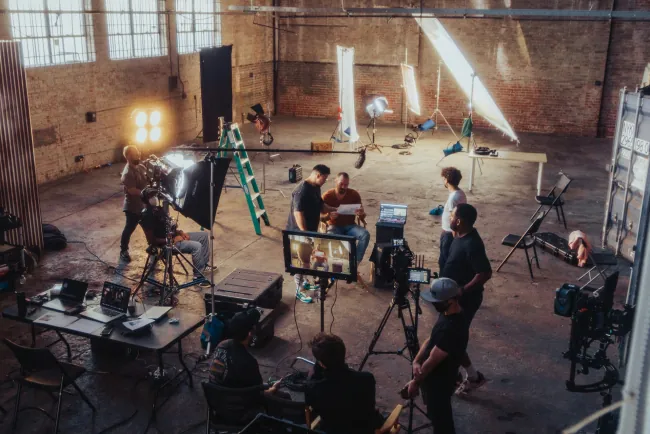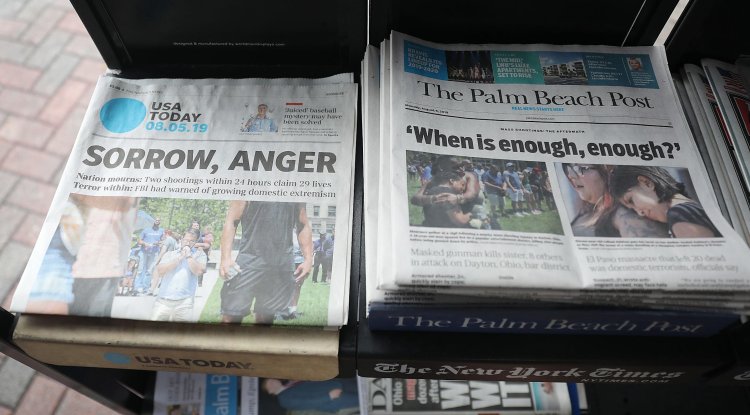Road House Reboot Review: A Mix of Hits and Misses
Analyzing the new Road House film, featuring Jake Gyllenhaal in a reboot filled with action yet lacking the charm of the original

-
Introduction
- Brief background on the original Road House film
- Introduction to the reboot starring Jake Gyllenhaal
-
Plot Overview
- Synopsis of the reboot's storyline
- Comparison with the original plot
-
Character Analysis
- Jake Gyllenhaal as Elwood Dalton
- Supporting cast performance
-
Themes and Execution
- Exploration of themes such as redemption and violence
- Directorial approach and scriptwriting critique
-
Visual and Action Choreography
- Evaluation of the action scenes and their execution
- Comparison of choreography quality with the original film
-
Cinematic Experience
- Analysis of the film’s pacing and tone
- Audience reception and cult potential
-
Concluding Thoughts
- Overall impressions of the reboot
- Its place in the Road House legacy
-
FAQs
Introduction
The 1989 action film Road House has grown from its initial lukewarm reception to become a cult favorite, cherished for its over-the-top antics and Patrick Swayze’s earnest performance. Fast forward to the present, and we have a reboot starring Jake Gyllenhaal, aimed at rekindling the flame but with a modern twist. This review dives into the reboot's premises, performances, and how it stacks up against its beloved predecessor.
Plot Overview
At the heart of the reboot is Elwood Dalton (Jake Gyllenhaal), a former UFC champion turned bare-knuckle boxer, embodying a darker, more complex character than Swayze's. The plot, while retaining the essence of the original's "bouncer vs. troublemakers" theme, introduces a more convoluted narrative involving underexplored subplots and characters.
Character Analysis
Gyllenhaal's portrayal of Dalton brings a mix of physicality and charm, yet the film struggles to fully explore his quest for redemption. Supporting characters, including Frankie (Jessica Williams) and the antagonist Brandt (Billy Magnussen), add layers to the story but often feel underused or one-dimensional.
Themes and Execution
The reboot attempts to navigate themes of redemption, loyalty, and the consequences of violence. However, its overcomplicated plot and inconsistent tone detract from these thematic explorations. The direction by Doug Liman, while ambitious, falls short of delivering a coherent narrative.
Visual and Action Choreography
While the film boasts several action-packed sequences, they lack the raw, gritty charm of the original. The climactic Dalton vs. Knox fight stands out but doesn't compensate for the overall lack of choreographic innovation or visual flair seen in its predecessor.
Cinematic Experience
The reboot's pacing and tone fluctuate, making it difficult to gauge its intended audience or message. While it contains moments of enjoyment and nods to the original, it struggles to find a unique voice or compelling reason for its existence beyond nostalgia.
Concluding Thoughts
The Road House reboot, despite its promising moments and Jake Gyllenhaal's efforts, ultimately serves as a less satisfying guilty pleasure than the original. It reflects the challenges of recapturing the magic of cult classics while adding new dimensions to their legacies.
FAQs
- Q: Does the reboot pay homage to the original Road House?
- Q: Can Jake Gyllenhaal's performance as Elwood Dalton match Patrick Swayze's?
- Q: Are there plans for a sequel or further expansion of the Road House universe?
In pursuit of more in-depth analyses and discussions on this and other cinematic endeavors, explore our offerings and insights at Kiksee Magazine, where the world of film and entertainment is at your fingertips.
What's Your Reaction?






















